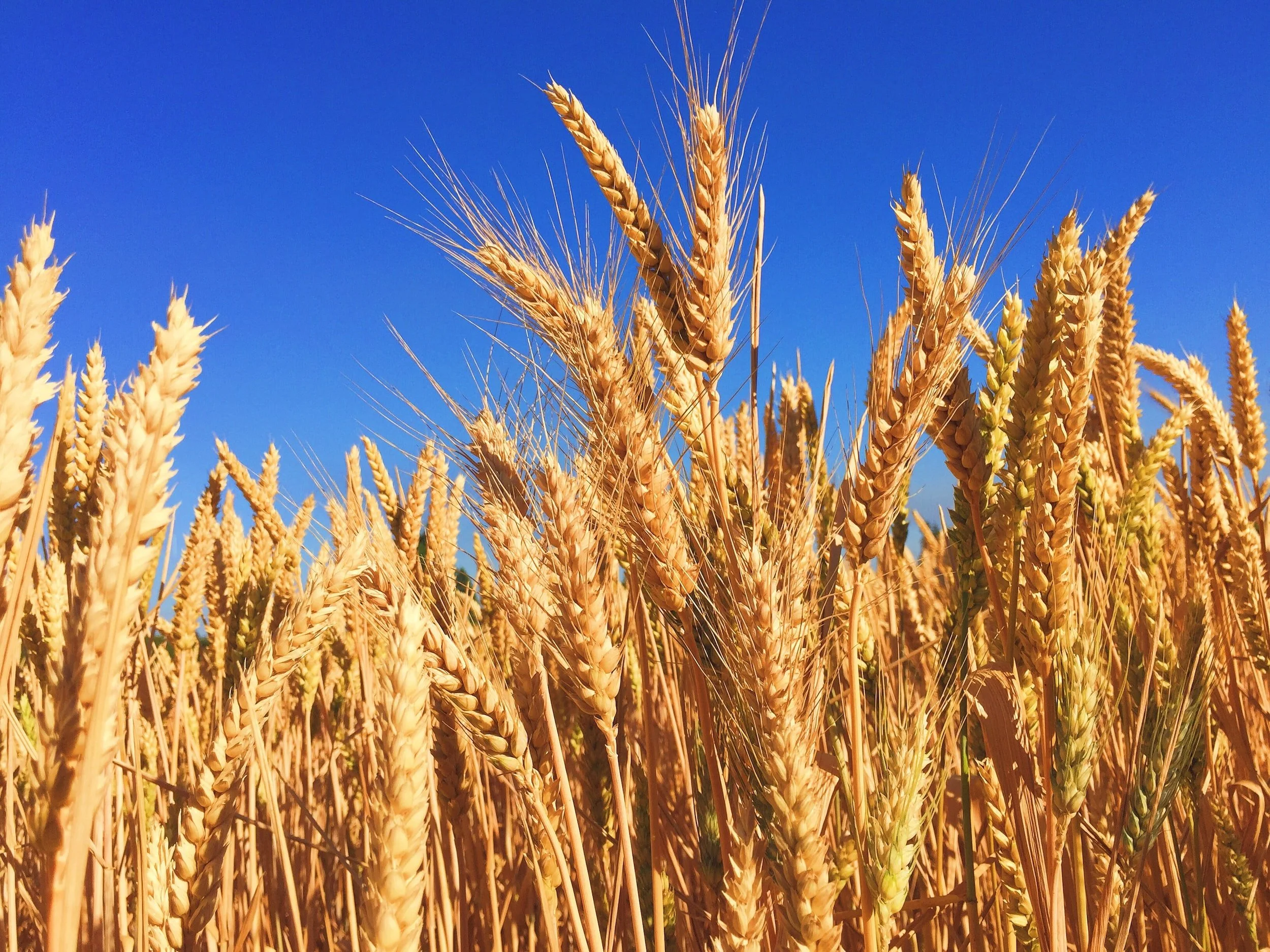Top Reasons To Watch Your Wheat Consumption
Wheat and grain-based foods are a staple in American diets. We love bread, bagels, pasta, cereal, pizza, baked goods, and many things that often have wheat hiding in it. Wheat has become so integral to our diets, that we can barely imagine living without them! However, many people have started switching to gluten-free diets recently to avoid wheat because of wheat’s negative effect on their health and how they feel physically and mentally.
Consuming wheat has become a controversial hot-topic. One thing is for certain: there are reasons for you to be mindful of your wheat consumption.
What's Wrong with Wheat?
Many people claim to be sensitive to gluten, knowing that they don’t have celiac disease, but nonetheless experience symptoms when they consume wheat. People with celiac disease are unable to properly digest gluten, a protein that's found in wheat, barley, and rye. Those with celiac disease definitely need to avoid gluten.
What about the rest of us who don’t have celiac disease but are still sensitive to wheat? For most of us ingesting too much wheat will damage the intestinal lining and prevent poor absorption of essential nutrients. A person may experience symptoms like abdominal pain, bloating, constipation, diarrhea, fatigue, mood irritability, brain fog, attention and memory issues.
The problem with modern wheat consumption is that wheat has been genetically modified and hence, is not in the natural form people’s gut are designed to easily digest. Wheat is now not very nutritious especially since it has high amount of phytic acid. Phytic acid prevents the absorption of essential minerals like calcium, zinc, iron, and magnesium leaving the digestive tract and immune systems compromised and unable to heal when damaged by wheat. Wheat is also heavily sprayed with pesticides causing a high level of toxin exposure to be absorbed when consuming wheat.
Consuming Too Much Grain In Your Diet
The grains of today have been modified to have fewer nutrients, more processed carbohydrates, and higher amounts of phytic acid. We also prepare our grains differently and not aligned with how we are naturally supposed to consume grains. For example, traditional methods of breadmaking include soaking, sprouting, and fermenting the grains. This traditional process makes the nutrients in the grains make nutrients more bioavailable for absorption by the body. Since we have largely abandoned these traditional methods of preparing grains largely in the name of convenience, we have lessened the quantity and quality nutrients available. We are also consuming a high level of phytic acid in grains causing additional challenges with absorbing nutrients available in the grains.
Nowadays most processed and ready-made pre-packaged foods contain wheat or other refined grains are nutrient-poor and rich in phytic acid which prevents the absorption of essential nutrients. The food industry is not incentivized to change the grain quality since they are inexpensive, easy to manufacture, and have a long shelf life.
Our modern diet has encouraged a heavy intake of grains at the price of having significantly less vegetables, beans, seeds, and fruit. Our modern lifestyle has encourage eating on the go and giving less and less attention to food preparation. It is no wonder that are current modern diet is causing so many people’s immune systems to become severely compromised and leading to an epidemic of chronic diseases like allergies, asthma, skin rashes, food intolerances, learning disability, mood disorders, digestive problems, diabetes, obesity, heart disease, and cancer.
Where Are You Getting Your Grains From?
The answer to the problem with consuming grains isn’t simple or clear-cut. It isn’t just about gluten, modern processing or cultivation of grains, nutrient absorption, or changing eating habits, but a complex combination of many factors which can be a part of the problem and the solution. How much wheat and grains to consume and in what form will vary by person to person depending on their overall health. It is definitely recommended to not make grains the biggest staple of one’s diet. Whenever possible, use vegetables and beans instead of grains since they contains many more nutrients!
AUTHOR
Dr. Payal Bhandari M.D. is one of U.S.'s top leading integrative functional medical physicians and the founder of SF Advanced Health. She combines the best in Eastern and Western Medicine to understand the root causes of diseases and provide patients with personalized treatment plans that quickly deliver effective results. Dr. Bhandari specializes in cell function to understand how the whole body works. Dr. Bhandari received her Bachelor of Arts degree in biology in 1997 and Doctor of Medicine degree in 2001 from West Virginia University. She the completed her Family Medicine residency in 2004 from the University of Massachusetts and joined a family medicine practice in 2005 which was eventually nationally recognized as San Francisco’s 1st patient-centered medical home. To learn more, go to www.sfadvancedhealth.com.

